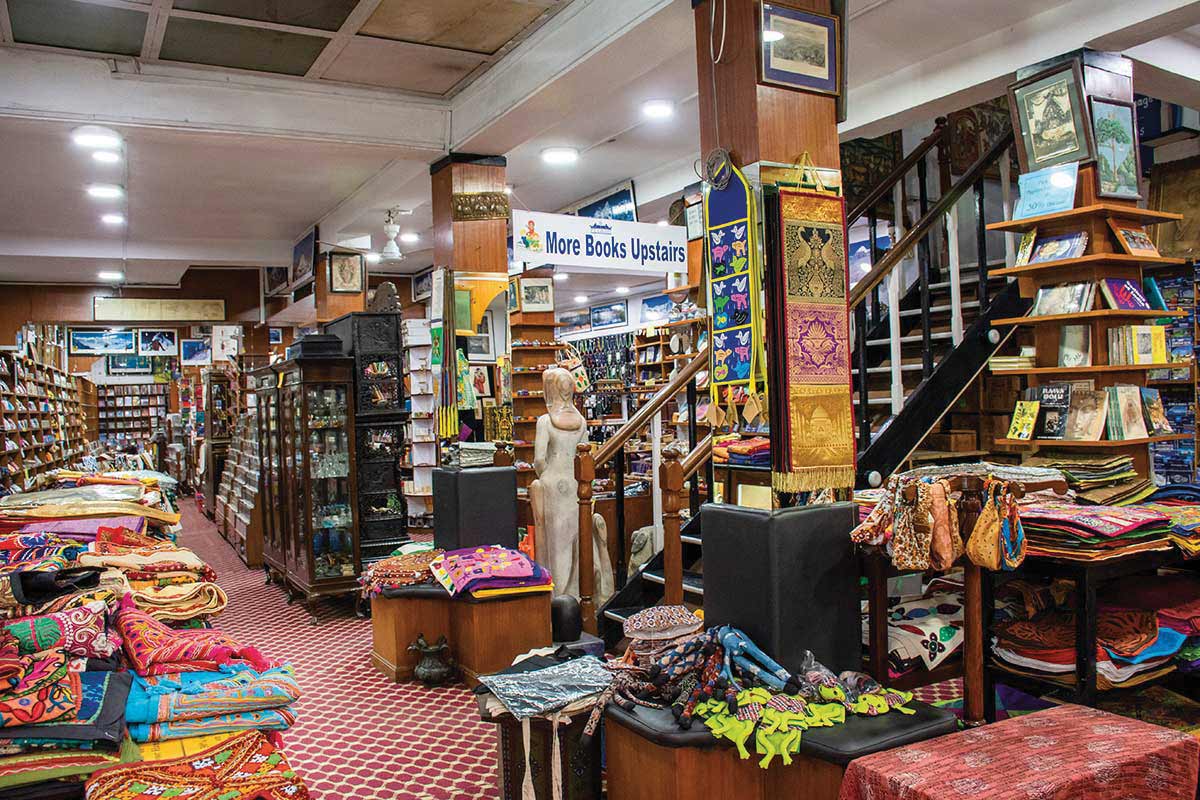What is culture but an accumulation of our activities? No matter what we call it, it all boils down to culture.
What was once considered an importantpart of out culture might be more of anobligation today. What once had charm,
might be a mere formality today. But maybe it is time we redefi ne culture for ourselves.I strolled down the streets of Thamelwondering which shop might catch my eyes. Besides a few overly enthusiastic shopkeepers nagging foreigners into their shops, nothing stood out. Like many others, I love Thamel for its chaos and character.
But there are only a few things you stop and notice in the colors and sounds thatbombard you here. My feet finally stopped at a place that was both unlike Thamel for its organized manner and like Thamel for its quirkiness.
I walked into Eka Deshma and my own tale began. Eka Deshma, the store, is a very different store for two important reasons. First, I saw objects that were Nepali but unique even to a local. Second, the impeccabe order in which things are displayed, letting you preview everything easily. I went to the far end of the shop where t-shirts were placed neatly and went through the designs. Most intrigued me -- there was a smiling Ganesh fl aunting a peace sign and a grand motorbike with Lord Shiva on it. These were designs that displayed tradition in a fashion (pun intended) I could connect with. Wooden clocks struck me next.
It was a blend of culture and technology that got me thinking -- we have begun liking things we can connect to more than things we are expected to. There were paper bags, bambooshawls and key rings representing what it very much always has - Nepali culture. Alpaza Rajbhandari Joshi and Anuza Rajbhandari Shrestha told me the storybehind the store.
Eka Deshma opened in July of 2011. “It was easier as sisters. I had experience in Nepali texture and products and Anuza knew jewellery,” said Alpaza. I inquired about the sketches on the t-shirts. “I did it. I don’t like the computerized version of prints.
So I make sketches to give it a more crafted look. Also, I love awitty way of showing tradition,”shares Alpaza. And the sisters are happy with the localresponse. “It is always difficult to do business. But I love the fact that we have had a lot of positive response. Repeatcustomers are our biggest treasures. We plan to work on skirts, dresses and shirts as well. We have been exporting to Japan and Australia. But there is always room to do better,” shares Anuza. As I walk out of the store, I realize how easily I could connect to the store. While there are places that teach us about our culture, there are few that help us relate to it. It’s not about holding on to what once was; it is the task of creating an identity that should be closest to our hearts. Eka Deshma, for all its tales and character, islose enough.









